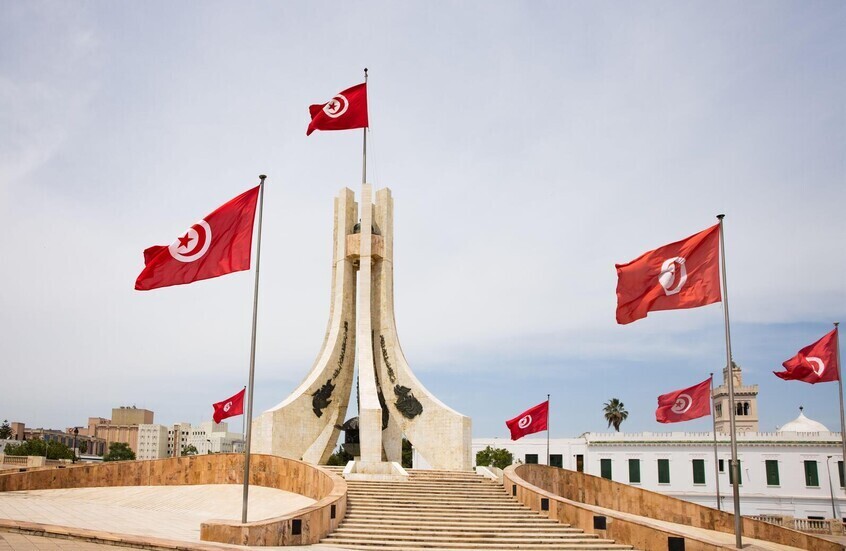Tunisia: Concerns about Restricting Freedom of Information After Halting the Work of the Authority Responsible for Accessing It

The decision by the Tunisian authorities to suspend the activities of the Access to Information Authority has sparked widespread controversy and fears of a regression in the right of citizens and journalists to access official data.
The organization "I Am Vigilant," which is concerned with combating corruption, revealed that the employees working at the authority were terminated, while its headquarters was abruptly closed without any official announcement to the public. The organization described the step as "the demolition of the last bastion of transparency in Tunisia."
For its part, the Tunisian Journalists' Syndicate considered that this measure represents "a blockage of the path for serious and investigative journalism," warning that it constitutes a severe blow to what remains of free and independent media in the country.
The decision comes in the context of a series of similar measures that included dissolving the Anti-Corruption Authority and freezing the work of the High Independent Authority for Audiovisual Communication, following the exceptional measures announced by President Kais Saied in July 2021 and the subsequent freezing of parliament.
Freedom of expression is one of the most prominent gains of the 2011 revolution; however, recent economic crises and political transformations have negatively impacted the media landscape. The Journalists' Syndicate confirms that the disruption of the authority is nothing but "a deliberate choice to re-establish propaganda and misinformation media."
The Access to Information Authority was established in 2016, and its tasks include ensuring the right to access official documents and adjudicating complaints filed against institutions that refuse to provide citizens or journalists with information, and its members are supposed to be renewed through parliament.